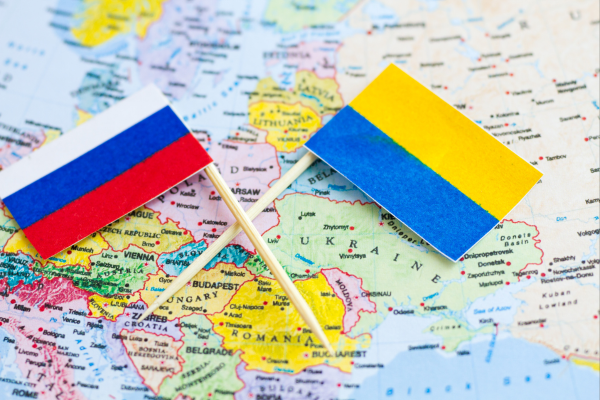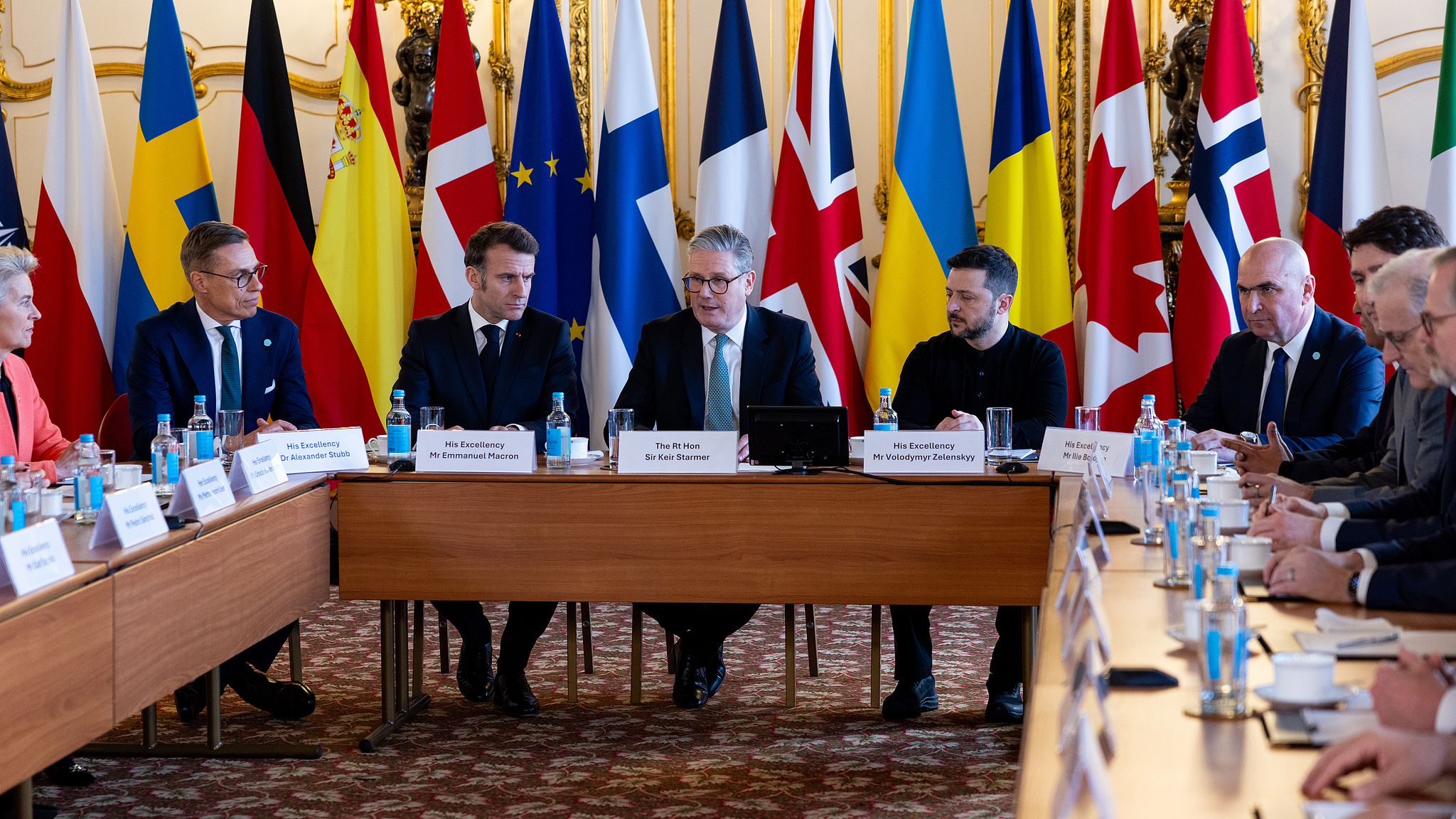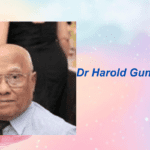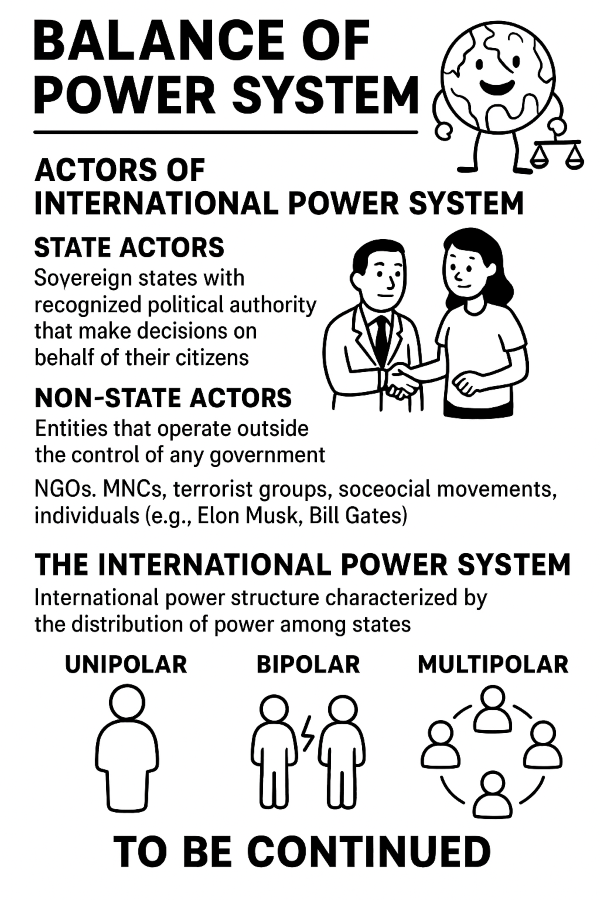The Prospects of Peace in Ukraine: The Role of International Support and Leadership – By Dr Harold Gunatillake
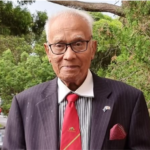
Image Source : news.cgtn.com/
An Analysis of Geopolitical Leverage and Pathways to Ceasefire
The ongoing conflict in Ukraine has emerged as a central issue in international diplomacy, strategic considerations, and the aspirations of numerous individuals for peace. As Ukraine safeguards its sovereignty against Russian aggression, the collective support of European nations has demonstrated notable significance, both symbolically and materially. This coalition, when supplemented by potential decisive measures from the United States—particularly under the leadership of a president willing to establish firm terms—has the potential to alter the course of the conflict.
European Support: A Pillar for Ukraine
European nations have consistently shown their support for Ukraine. Through providing military aid, economic assistance, and diplomatic backing, these countries have strengthened Ukraine’s position on the international stage. This support not only lifts the morale and capability of Ukraine’s armed forces, but it also sends a clear message to Moscow that the European community remains united against any forced redrawing of borders.
The Role of the United States and Trump’s Leverage
President Trump’s distinctive approach to negotiation and his reputation for unpredictability may provide him with considerable leverage over both Kyiv and Moscow. If Trump were to publicly support President Zelensky and assert that any ceasefire must be achieved without Ukraine ceding territory, he would be delivering a powerful message to the Kremlin. Such a stance would emphasise that the United States, in conjunction with Europe, refuses to endorse territorial acquisitions achieved through military aggression.
In this context, Trump’s insistence on recognising Ukraine’s democratically elected government would serve to further reinforce the principles of sovereignty and self-determination. This stance would directly challenge any narrative aimed at undermining Ukraine’s legitimacy or encouraging the fragmentation of its territory.
Constraining Putin: The Power of United Resolve
Confronted with unwavering Western unity and the resolve demonstrated by both European leaders and a determined American president, Vladimir Putin would encounter progressively constrained options. The threat of additional economic sanctions, diplomatic isolation, and military stalemate might persuade the Kremlin to reevaluate the advantages of ongoing conflict. A resolute stance from the United States, particularly when synchronised with Europe, could serve as the catalyst necessary to bring Putin to the negotiating table—not as an equal, but as an aggressor seeking a face-saving exit.
The Path to Ceasefire and Global Stability
If the international community remains steadfast, and if U.S. leadership supports Ukraine’s sovereignty without compromise, a ceasefire based on these principles could become achievable. Such an agreement would involve the recognition of Ukraine’s borders, the withdrawal of occupying forces, and the reaffirmation of Ukraine’s democratically elected government.
The immediate consequences of such a deal could be substantial: the cessation of hostilities, the phased lifting of sanctions on Russia, and the opening of pathways for humanitarian aid and reconstruction. The reestablishment of peace would not only benefit Ukraine and its citizens but also generate a ripple effect globally—restoring confidence in international law, deterring future acts of aggression, and promoting stability.
Zelensky and European leaders are scheduled to hold a conference call with President Trump before the summit with Putin. (BBC News)
Ukrainian President Volodymyr Zelensky is participating in discussions alongside European leaders aimed at increasing pressure on United States President Donald Trump to support Ukraine during the summit with his Russian counterpart scheduled for Friday in Alaska. During an online call with President Trump on Wednesday, it is anticipated that the leaders will reaffirm that no decisions should be made without the involvement of Ukraine, including any alterations to its borders by force.
President Trump has stated that any peace agreement would include “some swapping of territories,” and it is widely believed that
one of President Vladimir Putin’s demands is Ukraine’s surrender of the territories in the eastern Donbas region it currently controls. On Tuesday, President Zelensky expressed the view that such a concession could serve as a foundation for future Russian attacks.
Conclusion: The Imperative of Firm Leadership
The prospect of peace in Ukraine hinges upon the unified resolve of the democratic world. By ensuring that no territorial concessions are made and that Ukraine’s sovereignty is upheld, the United States and its allies can help bring an end to a devastating conflict. If this resolve remains unbroken, the world could indeed look forward to an era free from war in Ukraine, the lifting of punitive sanctions, and a renewed sense of hope for global peace.
Buddhism is a gospel of peace and non-violence. Non-violence is a way of life devoid of all extremes of passion, such as anger, enmity, pleasure, and pain. True peace emanates from non-violence, which is a rational and mighty force



